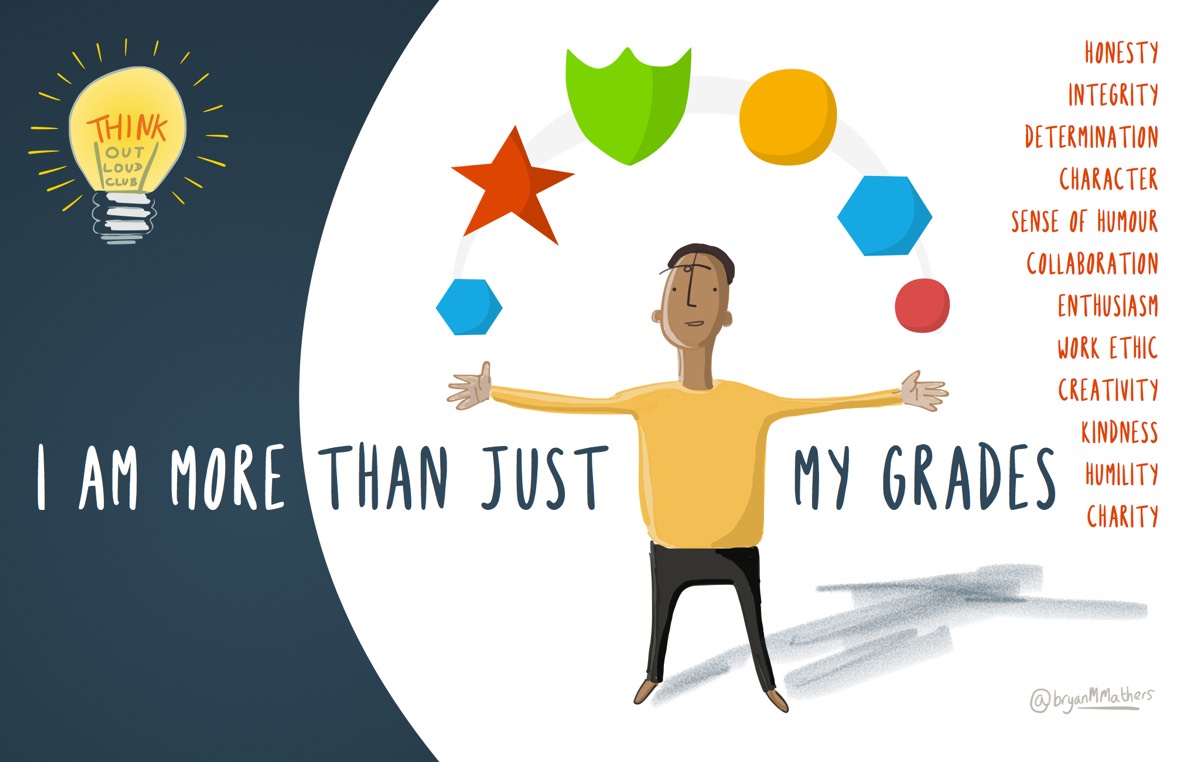
This is where Government Innovation happens
The OECD Observatory of Public Sector Innovation (OPSI) 2018 review of Global innovation in government which has been launched during the World Government Summit in Dubai, identified 3 key trends in public innovation: “Systems approaches & enablers”, “Inclusiveness & vulnerable populations” and “Identity” .
In the field of Digital Identity the report singled out the Open Badges initiative “Be Badges”, initiated in Belgium in 2016 at the Federal Government by Selor under former director Marc Van Hemelrijck, as an example case of how Government tries to make sure that Individuals can express the uniqueness of their identity in more than just formal credentials.
In a time in which Blockchain is popping up everywhere as the novelty when it comes to changing how government works, and mostly also in the field of Digital Identity (e.g. in the ID2020 project as also mentioned in the OECD report) , it is good to notice that Open Badges is acknowledged as a rich Open Standard, expressing digital identity in a same decentral & user-controlled manner.
The richness of one’s identity being expressed in verifiable, portable & shareable open badges, carrying data & working like the internet itself .
That was also the aim of Vincent Van Malderen in 2016 when he was working at Selor and launched Be Badges: to be able to capture & recognise skills and experiences earned by individuals throughout their entire lives. With the individuals in control of how and where they want to share those.
The Open Badges Standard has moved to a 2.0 version in 2017, unlocking more possibilities than before with Open Endorsements & easier alignment of competence frameworks among the most exciting ones.
This resulted in another innovation also mentioned in the OECD-report, a Belgium partnership of Selor (now the Federal Public Service BOSA Recruitment & Development), BOSA’s Digital Transformation Office , Jobpunt Vlaanderen & the IT-company CogniZone recently expanded Open Badges by linking the European Commission’s new ESCO classification of skills and competences to them during a 2017 Summer of Code student project organised by Open Knowledge Belgium.
But if 2017 can be marked as the year in which Open Badges moved to a 2.0 version, then 2018 will be the year that we looked beyond just the technology of badges.
Open Badges have the power to become a real transformative social innovation, but for that to happen we need to change the way how badges are being used now .
If Badges are the expression of one’s lifelong learning that happens anywhere, than what we are missing is that also the recognition of that learning need to happen anywhere.
The importance of bringing value to badges and having more consumers in the ecosystem has already been demonstrated by Vincent Van Malderen during a 2017 Open Belgium presentation on a use case of badges he did with Jobpunt Vlaanderen in the City of Ghent.
Open Knowledge Belgium will, as a partner of a Erasmus+ funded MIRVA project but also in an open collaboration with anyone interested (individual or institutional), try to lead an open community in Belgium towards the concept of Open Recognition as the way forward to enable the social innovation that Open Badges carry within them.
Want to find out about this future of Open Badges & Open Recognition?
Want to connect to the partners of the Be Badges project and be where Government innovation happens ?
Or just want to hang out with an open community of enthusiasts and some great students that are working each year on Summer of Code projects like ESCObadges?
Join us on March 12 during Open Belgium 2018 at Louvain-la-Neuve.
There is a special afternoon track dedicated to MIRVA and the concept of Open Recognition.

Pictures by Bryan Matters



Share